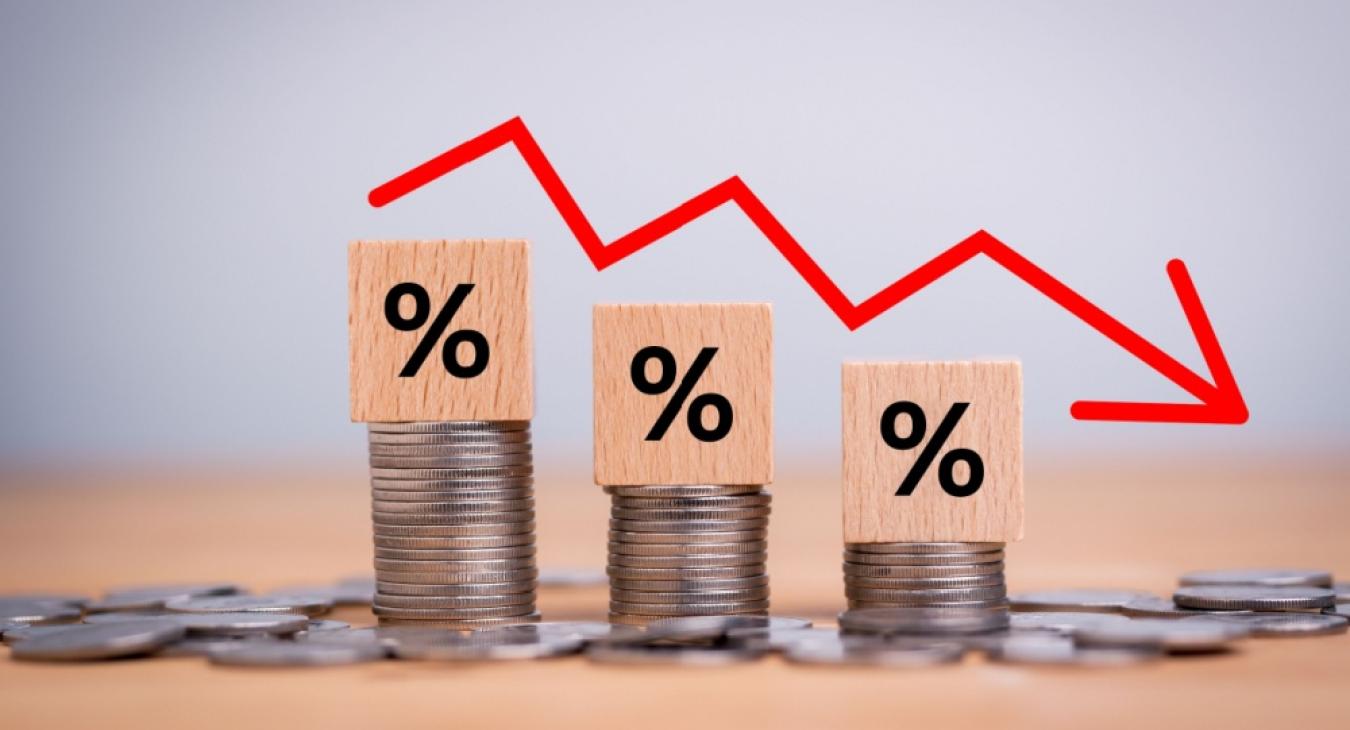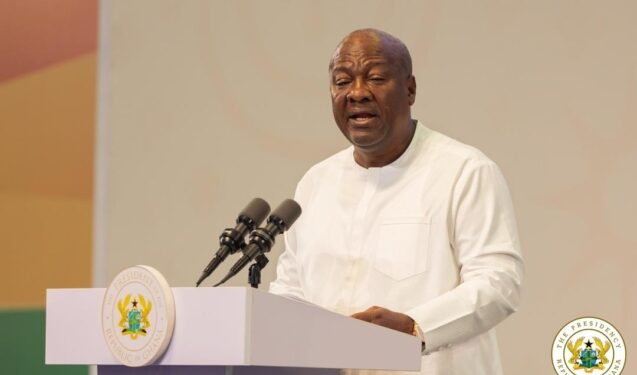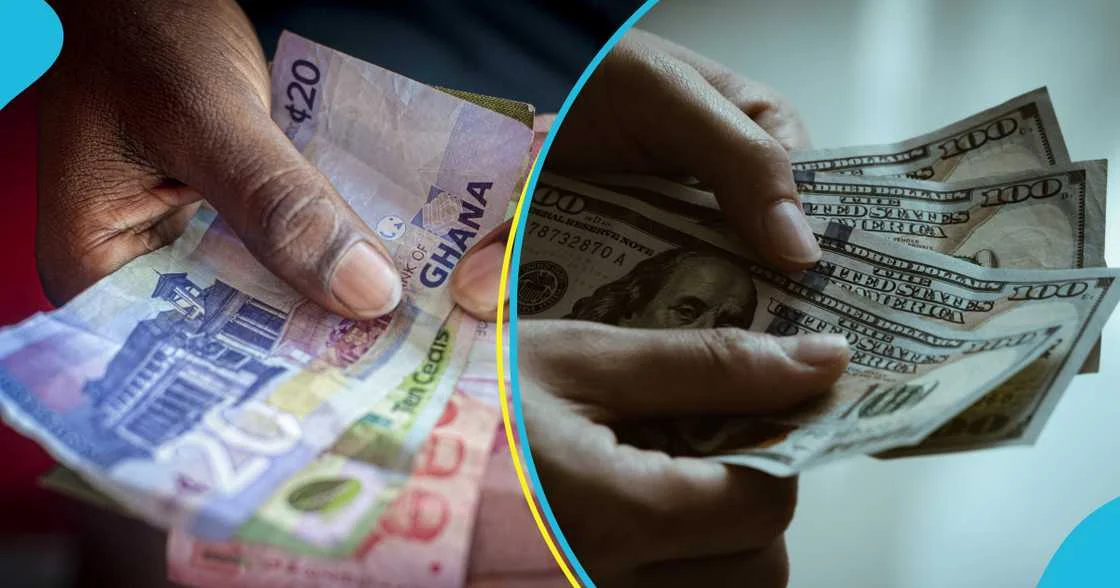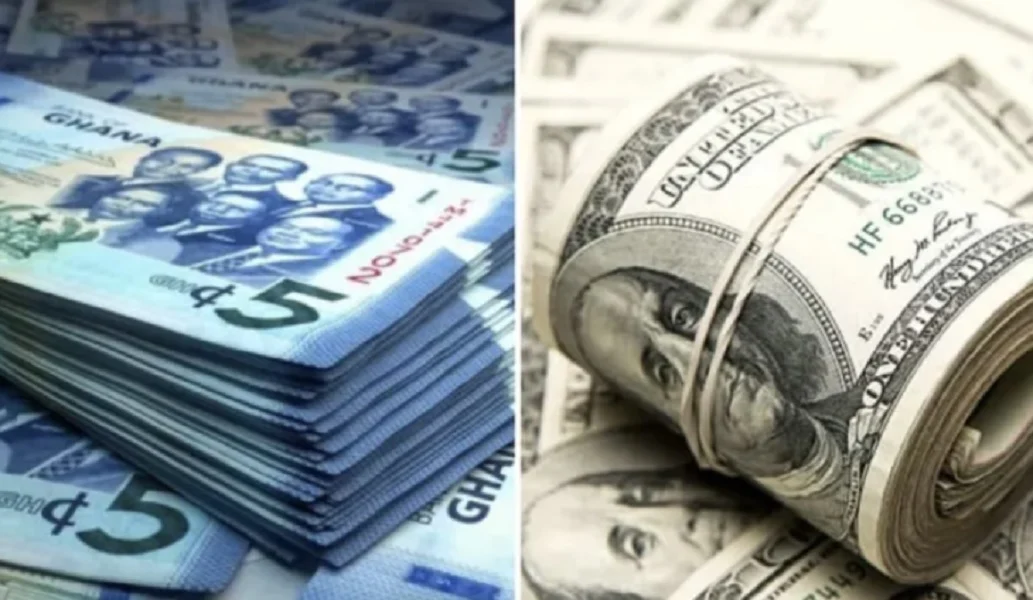Ghana’s Inflation Drops To 23.5% Amid Economic Uncertainty
 Ghana’s Inflation Drops To 23.5% Amid Economic Uncertainty
Ghana’s Inflation Drops To 23.5% Amid Economic Uncertainty
Ghana’s economic landscape has witnessed a slight improvement as inflation eased for the first time in five months, signaling cautious optimism for the country’s recovery efforts. According to the Ghana Statistical Service (GSS), the annual inflation rate dropped to 23.5% in January 2025, down from 23.8% in December 2024.
This marginal decline, though modest, suggests a slow but steady attempt to control rising prices in the economy. However, economic experts warn that persistent challenges, particularly in food price hikes, continue to pose risks to long-term stability.
The latest inflation figures highlight a shift primarily driven by a slowdown in non-food inflation. While non-food price increases moderated, food inflation remains high, exerting pressure on household spending and consumer purchasing power.
The Government Statistician, Samuel Kobina Annim, noted that the reduction in inflation, though positive, is still a cause for concern since it remains the second-highest rate recorded in the last nine months. This means that despite some progress, Ghana is still battling economic volatility that affects both businesses and individuals.
The Bank of Ghana (BoG) has been actively monitoring the inflationary trend while maintaining its monetary policy rate at 27%. This decision reflects the central bank’s stance that inflation is yet to stabilize within its target range of 6% to 10%. By keeping interest rates high, the BoG aims to curb excessive liquidity in the market, preventing rapid price increases. However, this also makes borrowing more expensive, potentially slowing down investment and economic growth in the short term.
Looking ahead, the Ghanaian government has set an ambitious target to bring inflation down to 8% by the end of 2025. This projection is in line with forecasts by the International Monetary Fund (IMF), which also expects Ghana to achieve single-digit inflation next year. The IMF’s projection is based on the assumption that strict fiscal policies and structural reforms will help reduce inflationary pressures.
However, independent research institutions have expressed mixed opinions on whether this target is achievable given the country’s current economic conditions. The Institute of Economic Affairs (IEA) has taken a more cautious stance, predicting that Ghana’s inflation rate will range between 15% and 17% in 2025.
The IEA argues that despite some government interventions, the structural weaknesses in the economy, particularly import dependency and exchange rate fluctuations, could make it difficult to achieve an 8% inflation rate in the short term. The organization recommends enhanced policy measures, such as reducing government borrowing, improving domestic production, and stabilizing the cedi to help manage inflation more effectively. Another critical factor influencing inflation is the cost of food and essential goods.
Ghana has seen persistent food price hikes, partly due to global supply chain disruptions, climate-related issues affecting agriculture, and local production challenges. Rising transportation costs, coupled with import duties on food products, have also contributed to increasing prices, making it harder for average Ghanaians to afford basic necessities.
If food inflation continues to rise, the overall economic recovery may face significant setbacks, despite improvements in non-food inflation. Ghana’s inflation battle is closely tied to broader economic stability efforts.
The government is implementing a range of fiscal policies, including debt restructuring, foreign exchange management, and public sector spending controls. Additionally, authorities are exploring ways to boost local industries to reduce dependency on imports, which often drives inflation when global market prices surge.
The success of these measures will largely determine whether inflation continues to decline or remains a persistent challenge in the coming months. As Ghana navigates this complex economic landscape, businesses, consumers, and policymakers must prepare for both opportunities and risks. While the slight drop in inflation offers a glimmer of hope, sustained efforts in monetary policy, fiscal discipline, and economic diversification will be crucial in achieving long-term price stability.
The next few months will be critical in determining whether Ghana can sustain its progress or if further interventions will be needed to keep inflation under control.
SEE ALSO: Mzbel Opens Up About Her Preference for Married Men
View this post on Instagram





